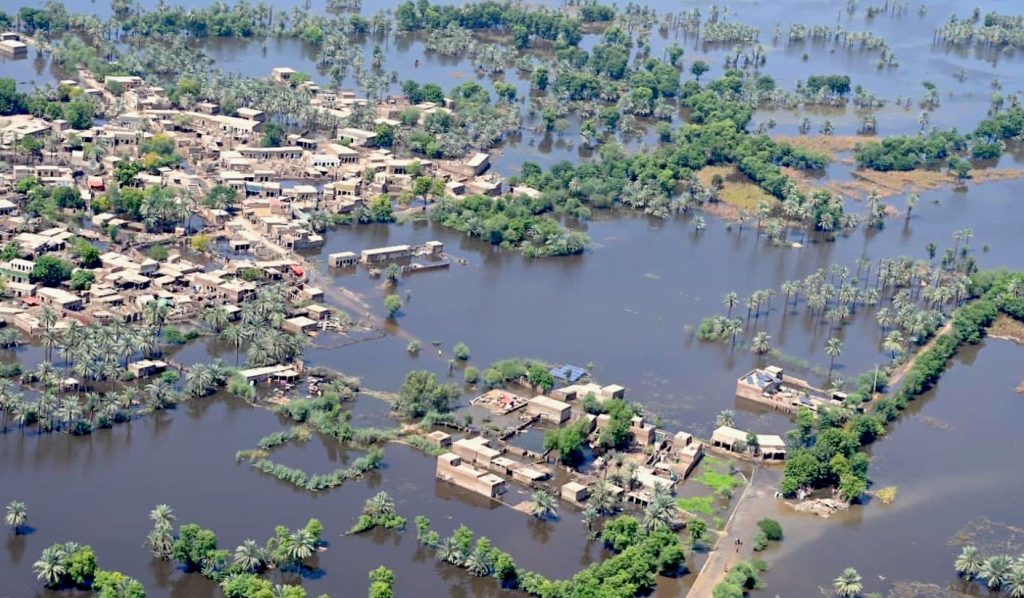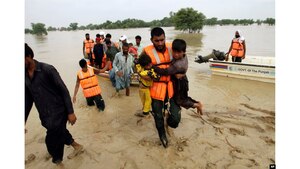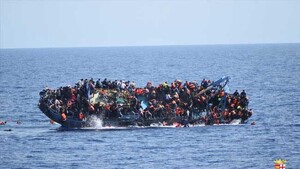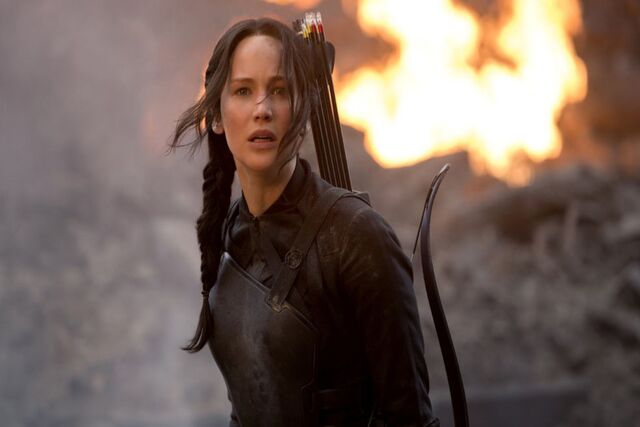In the aftermath of calamities, it is not enough to simply patch things up; we must also work toward a future in which we are better prepared.
The establishment of the Climate Finance Action Fund at COP29 is a good start, but we need action, not just empty promises. In addition, the international community needs to take action. The wealthy nations, which are the most significant polluters, owe us a climate debt.
Despite facing the harsh reality of climate change, Pakistan remains unflinching. From catastrophic floods to bone-dry droughts, we are currently experiencing a climatic nightmare that is causing us significant financial hardship. The floods in 2022 alone turned a third of the country into an unwelcome waterpark, displacing millions of people and causing $30 billion in damage. Despite this, our contribution to the overall emissions of the planet is less than one percent. Let’s discuss the unfairness of this contract.
It is imperative that we have access to climate financing, which is a fancy way of saying, “Let’s invest in fixing this mess before it gets worse.” Building a future in which we are better prepared is more important than simply repairing things after natural disasters or other catastrophic events. We are lagging behind.
We can compare the financing of climate change to the ultimate survival pack. We intend this financing to help nations like ours adapt to the effects of climate change and mitigate its hazards. We are discussing a wide range of topics, including but not limited to projects involving renewable energy, more intelligent farming techniques, robust architecture, and improved disaster management.

In Pakistan, there is no other choice. It is a means of survival. Already, climate-related disasters cost us $3.8 billion annually, and the statistics are only going to continue to rise. In the long run, increasing our investments in climate resilience could save us a tremendous deal more money. Investing in readiness can save up to seven dollars in recovery costs. Not only is that sound mathematical reasoning, but it’s also common sense.
Pakistan’s efforts to finance climate change feel like they are attempting to put out a wildfire with a garden hose, despite the fact that they are necessary. It is true that we have policies such as the National Climate Change Policy, but the funding for these programs is severely inadequate.
Help from the whole world? Don’t even begin with me. International organizations typically do not provide grants as a form of funding. If your house were on fire, it would be the equivalent of using a credit card to fix your roof.
Despite the enticing promise of ten billion dollars at the Geneva conference after the flood, a significant portion remains mired in bureaucratic red tape or has conditions attached. While pledges are a great way to garner attention, we truly require tangible financial support.
In terms of climate financing, Pakistan’s strategy is comparable to attempting to repair a ship that is sinking rather than constructing a ship that is more robust. Pakistan allocates a significant portion of the funds to disaster recovery, not prevention. It would be analogous to buying a first aid kit after breaking your leg, instead of wearing a helmet from the start.
Agricultural practices are a positive example. Agricultural practices, which employ over forty percent of our labour force, serve as the foundation of our economy. Despite this, crops continue to suffer from the effects of irregular weather patterns and a scarcity of water. Even though investing in innovative farming techniques like drought-resistant seedlings or drip irrigation could be extremely beneficial, we rarely implement these kinds of initiatives.
Furthermore, the renewable energy sector exists. Despite Pakistan’s abundance of solar and wind power, we still rely on expensive and outdated fossil fuels. How come? The scarcity of funding for renewable energy sources is comparable to the absence of rain in a desert.
It is not possible for us to continue putting out fires (both physically and figuratively). We must first simplify the process of obtaining funding from international sources. Simplify the procedure, increase transparency, and provide training to local teams so that they may fulfil the standards for international funding. The bureaucracy significantly reduces our chances of success.
Two, let’s concentrate on adapting. Instead of simply cleaning up after natural catastrophes, let’s work on making cities more robust, improving water management, and making more intelligent plans. Adaptation is the key to success in this game. Step three: involve the business community. The government alone cannot accomplish anything. To encourage private businesses to invest in environmentally friendly solutions, we can provide financial incentives. Both parties benefit: they generate revenue and we reap the rewards.
Investigate alternative methods of financing. Do you have any familiarity with carbon trading or green bonds? These cutting-edge financial choices have the potential to completely transform our situation.
Five, form a coalition with your neighbours. Climate change is not concerned with national boundaries. We might receive a much-needed boost if we shared our resources and knowledge with the countries that are our neighbours.
If there is not a significant amount of political will, none of this will be successful. This represents a significant challenge. The national agenda should place the issue of climate change at the forefront. It is imperative that politicians stop focusing on short-term victories and begin to think about the long term.
Financing climate change is not an act of charity, but rather an investment in survival. In the case of Pakistan, it is not simply a matter of recovering from catastrophes; rather, it is a matter of constructing a future in which we flourish in spite of the odds.
It’s possible because we have the intelligence, resources, and tenacity. The critical question is whether or not we possess the bravery to meet the problem head-on. One thing is certain: the expense of inaction is a burden we cannot bear.

















